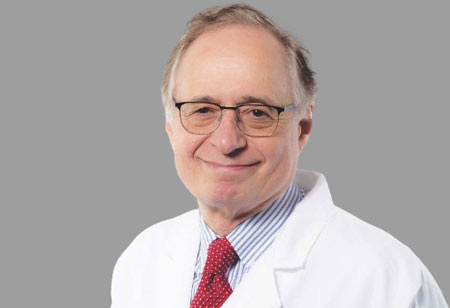Thank you for Subscribing to Healthcare Business Review Weekly Brief

Geriatric Medicine
Healthcare Business Review
Geriatric medicine focuses on older adults with complex issues taking multiple medications for multiple diseases and seeing multiple providers. In creating the new location, Coll and Kuchel focused on providing holistic systems[1]based care that is both an element of specialty and primary care.
They also wanted to highlight their passion for health promotion for older adults of all ages. Even in frail and disabled older adults, there is a lot you can do for prevention and to help maintain function and independence. It’s not just about living longer; it’s about adding quality of life to those years.
Since most medical care is devoted to those over 65, geriatrics, the medical treatment of the elderly, is a highly important specialty. The specific problems of the elderly include physical inactivity and instability, which result from weakness and loss of energy. Weakness of the eyes and ears plays a role, and weakening of the immune system often leads to more disease. All these conditions can be made worse by mental problems, such as declining intellectual activity, declining memory, and depression, which may prevent the patient from taking action to improve his or her condition. However, the effects of aging can be greatly relieved by proper care. The greatest improvement often results when the patient is persuaded to become more physically, mentally, and socially active.
“This allows us to work closely with our colleagues in other subspecialties at UConn Health. We have a long working relationship with psychiatry in the memory center. There are clear benefits in coordinating care when providers from different specialties work together in the same location, and that is what we plan on doing in the new space,” says Coll.
this space. An important component of the program is to support the education of our trainees, who, unless they go into pediatrics, will see many older adults in their clinical careers. They must learn how to provide optimal, high-quality care for those patients. Nationally, there has been a movement in training specialists to develop deep skills at the interface of geriatric care in their discipline. We will be doing a lot of teaching in this space.
There is currently a great deal of research on interventions in geroscience targeting biological aging, and we are not that far from seeing them make their way into clinical care.
“What distinguishes UConn is that we are an academic institution, and together, the Center on Aging and The Pepper Center are transformational,” says Kuchel.









